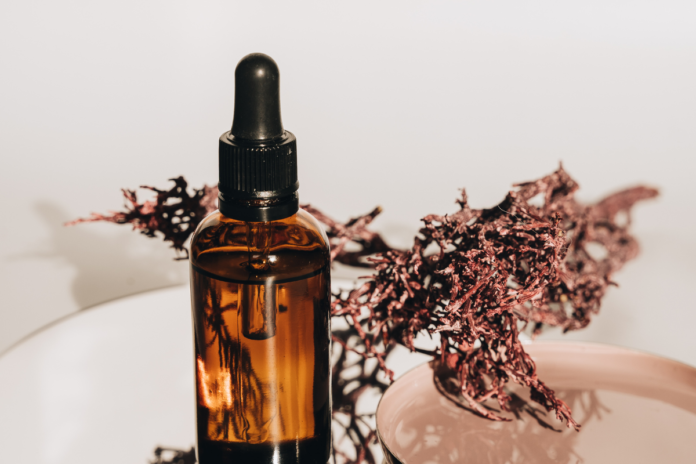There are many advantages to using topical medication, especially when treating skin conditions. Topical medication can effectively treat many skin conditions, including acne, eczema, psoriasis, and more. Additionally, topical medication is safe and has few side effects. Moreover, because it is applied directly to the affected area, it often works more quickly than other types of medication. Finally, topical medication is often much less expensive than other forms of treatment. For these reasons, topical medication is often the best way to treat skin conditions. If you are considering topical medication to treat a skin condition, speak with your doctor or research the potential benefits and risks.
Topical is a type of treatment that you apply to the skin.
Over the past few years, topical treatments have been gaining in popularity due to their ability to provide relief from skin conditions in a localized manner. Topicals come in various forms, including creams, ointments, gels, and solutions, and provide relief directly to the affected area. Applying topicals to the affected area can minimize potential risks while improving outcomes.
When using any topical, it is important to read the instructions carefully; generally speaking, topical medicines are to be applied as directed without washing off immediately after application. Overall, topical medication has become an attractive option in skin care therapy. You can use topical therapy for many dermatological issues with minimal risk compared to traditional drugs. Traditional medications, such as oral medications, may not be ideal for skin conditions because of possible side effects.
Topicals are usually less expensive than other types of treatments.
Topical medications are a great way to save money without compromising healthcare needs – providing relief without stretching your wallet! Unlike oral or injectable medications, which must go through the body’s entire system, topical medications are applied directly to the affected area. They can provide the same relief with fewer side effects. The topical application makes them safer than other treatment types and significantly more cost-effective. Topicals offer a great economic benefit for many individuals.
It is also generally considered safe and effective when used as directed by a healthcare professional.
The use of medication as prescribed by a healthcare professional or a professional is the most effective way to treat certain medical conditions. Careful evaluation is essential; these treatments have been researched, studied, and tested for safety and efficacy. While it is always advisable to carefully read the product information and follow any safety precautions outlined on labels, using the product as instructed by a professional is also beneficial.
Some common side effects of topicals include dryness, redness, and irritation of the treated area.
Topical medications can be useful in treating many conditions but can also cause some adverse effects. Common side effects of topical treatments include dryness, redness, and irritation of the treated area. These side effects are usually mild and don’t require you to stop treatment; however, it is important to monitor these symptoms closely to ensure that any changes need to be discussed with your doctor. In most cases, these side effects tend to improve once the person’s body adjusts to the medication or when the dosage is reduced; however, be sure to see your healthcare provider for proper advice.
Topical medication is a treatment used to treat conditions such as acne, eczema, and psoriasis. It is usually less expensive than other types of medication and is considered safe and effective when used as directed by a healthcare professional. Some common side effects of the topicals include dryness, redness, and irritation of the treated area.










